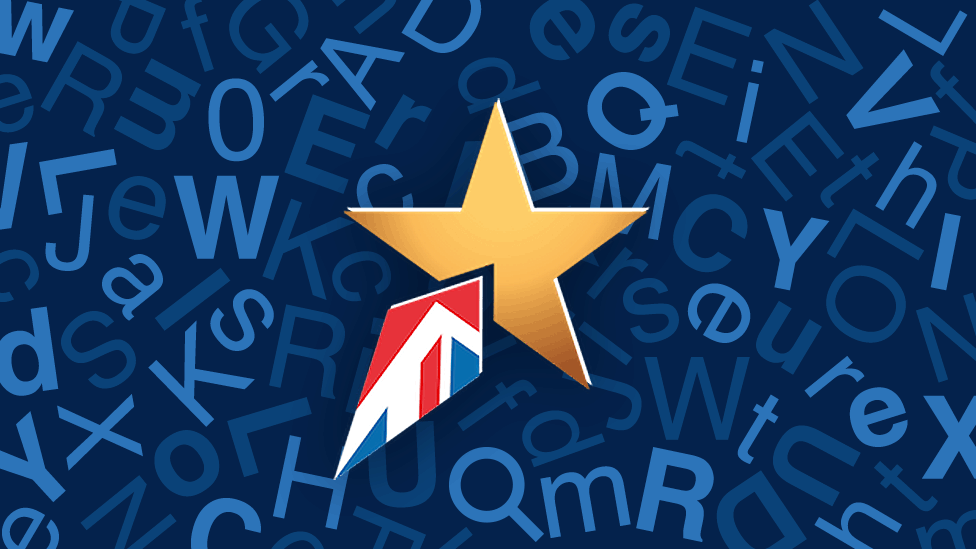Brexit amendments: What could be voted on by MPs?
- Published
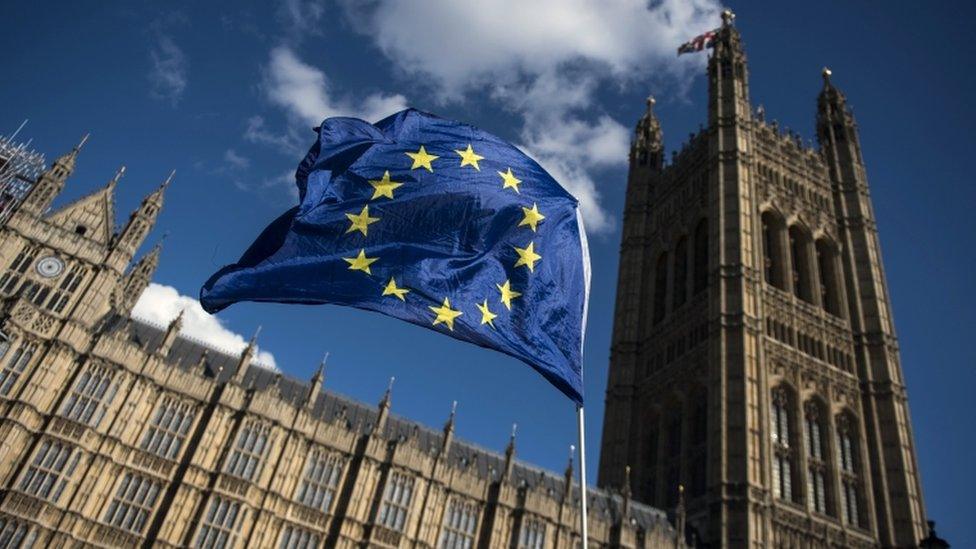
MPs will vote later on Theresa May's Brexit deal - but before the so-called "meaningful vote" takes place, there could be votes on a number of amendments.
Backbench MPs and opposition parties have put forward 10 amendments to show which direction they want the government to take on Brexit.
Unusually, there is no Labour frontbench amendment.
It will be down to Speaker John Bercow to decide which ones are put to the Commons later and could end up being voted on by MPs this evening.
So what are the amendments on offer?
SNP amendment
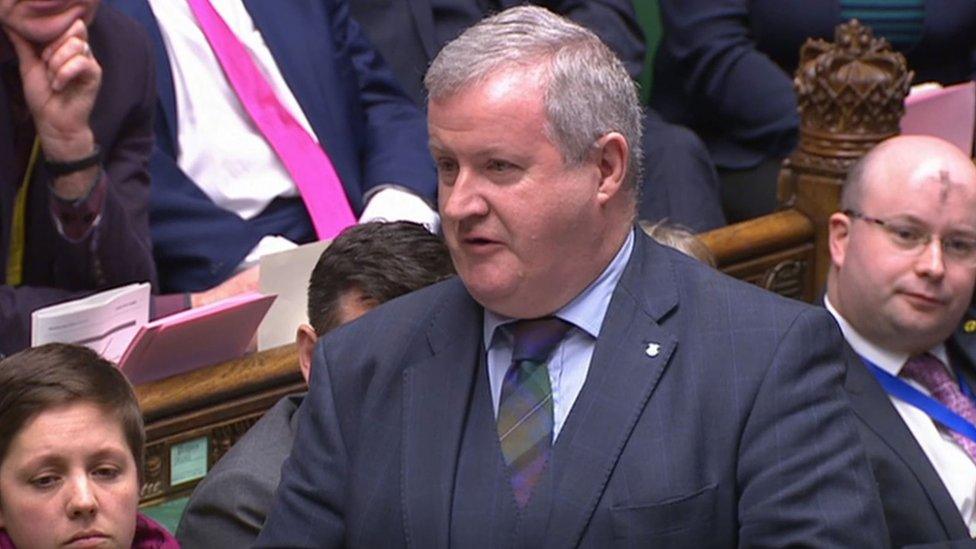
Ian Blackford, the SNP's leader in Westminster, has been a vocal critic of Brexit
The SNP have tabled amendment (a), which rejects Theresa May's deal and reiterates the party's stance on Brexit - they do not want to leave the EU.
Their amendment says "the UK government's contempt for the idea of the UK as a partnership of equal nations" is "beyond doubt".
SNP backbencher Angus MacNeil has also tabled amendment (j) calling for a second Scottish independence referendum.
The Independent Group amendment
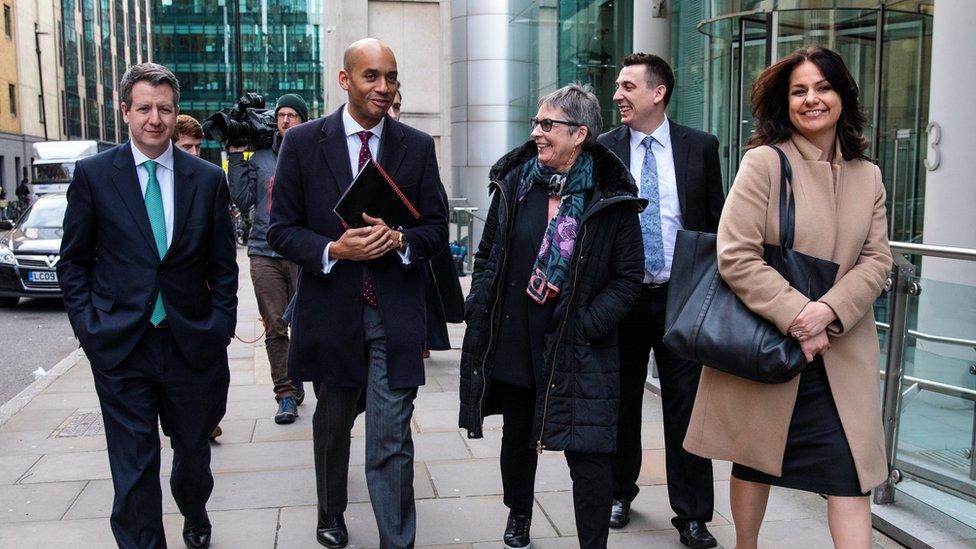
Some members of the Independent Group left their parties over Brexit
Amendment (b) has been tabled by the Independent Group, the breakaway group of MPs made up of three former Conservative MPs and eight former Labour MPs.
This amendment calls for:
The government to table a motion by 20 March for an extension to Article 50 - the mechanism that sees the UK leave on 29 March - so that the PM can request such an extension at the European Council Summit on 21 March, allowing time for a second referendum
A referendum to be held by 30 September 2019 - the choice should be between leaving on the terms "agreed by Parliament" or remaining in the EU
The prime minister to ask Parliament to approve revocation of Article 50 if no extension is granted
Liberal Democrat amendments
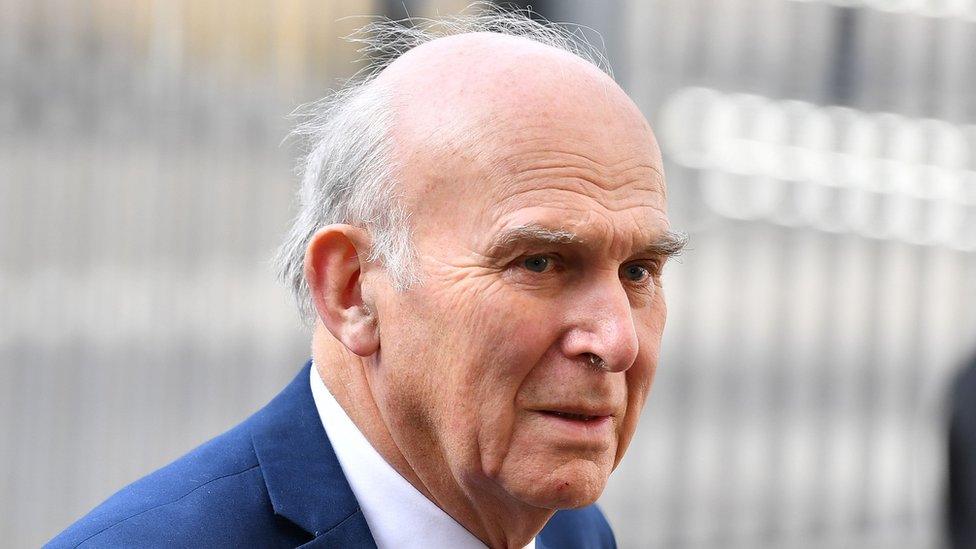
Lib Dem leader Vince Cable supports a "People's Vote"
The party has tabled four separate amendments to be considered by the Speaker.
Amendment (c) rejects the deal and calls for "fast-track legislation" to be brought forward by 25 March to revoke Article 50 - thereby cancelling Brexit
Amendment (d) seeks a two-year extension to the Article 50 period to provide time for a second referendum - the options on the ballot would be leaving the EU on the terms of the withdrawal agreement or remaining
Amendment (e) prioritises all EU legislation over other business in the Commons until 29 March, starting each day with an amendable motion - in effect taking power over business away from government
Amendment (f) notes the deal reached between the UK and EU and calls for a Brexit support fund of at least £7.5bn
Plaid Cymru amendments
Amendment (g), put forward by the party and Labour MP Geraint Davies, rejects the UK leaving the EU without a deal and calls for the prime minister to ask for a two year extension to Article 50, allowing time for a second referendum.
The amendment also takes over business in the Commons on 13 March, allowing for Mr Davies to introduce his bill for a second referendum.
The party has a second amendment - (i) - calling for an extension until 2021 and a referendum at the end of this period, putting to the public whether to leave with the government's withdrawal agreement or to remain in the EU.
Backbench amendment
One final amendment - (h) has been tabled by former Tory Chancellor Ken Clarke, Labour's Keith Vaz and the SNP's Angus MacNeil.
It simply calls for the revocation of Article 50 to cancel Brexit.
What happens next?
The Speaker will select amendments at the beginning of the debate, due to start after the attorney general's statement on his legal advice regarding changes to Mrs May's deal.
- Published22 January 2019
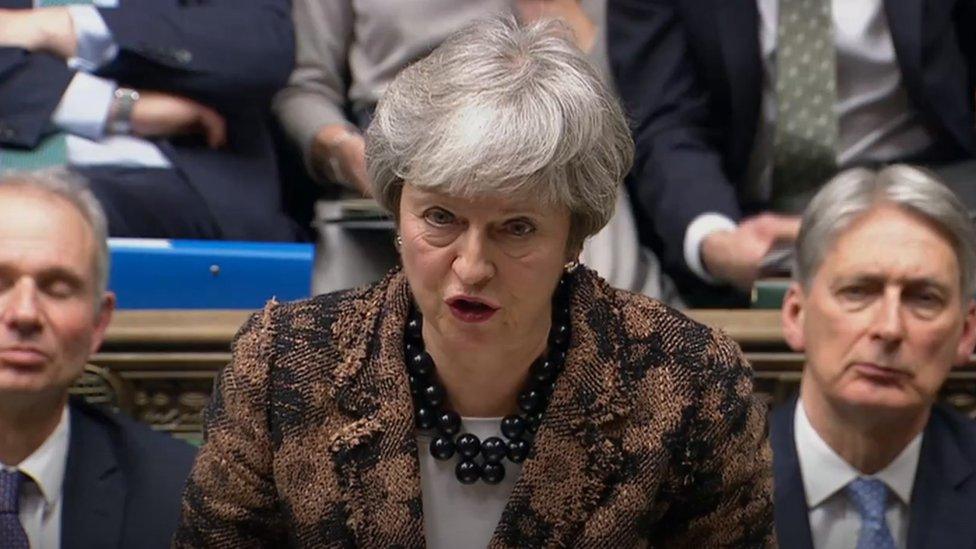
- Published30 October 2018

- Published3 February 2020

- Published16 October 2019

- Published11 December 2020
